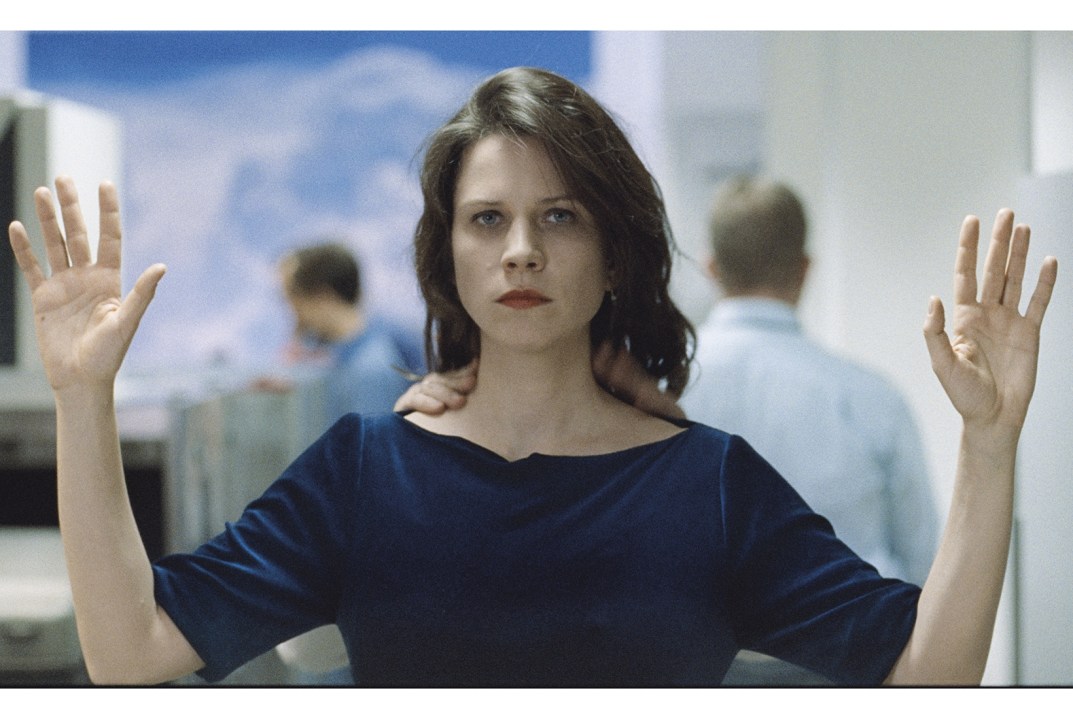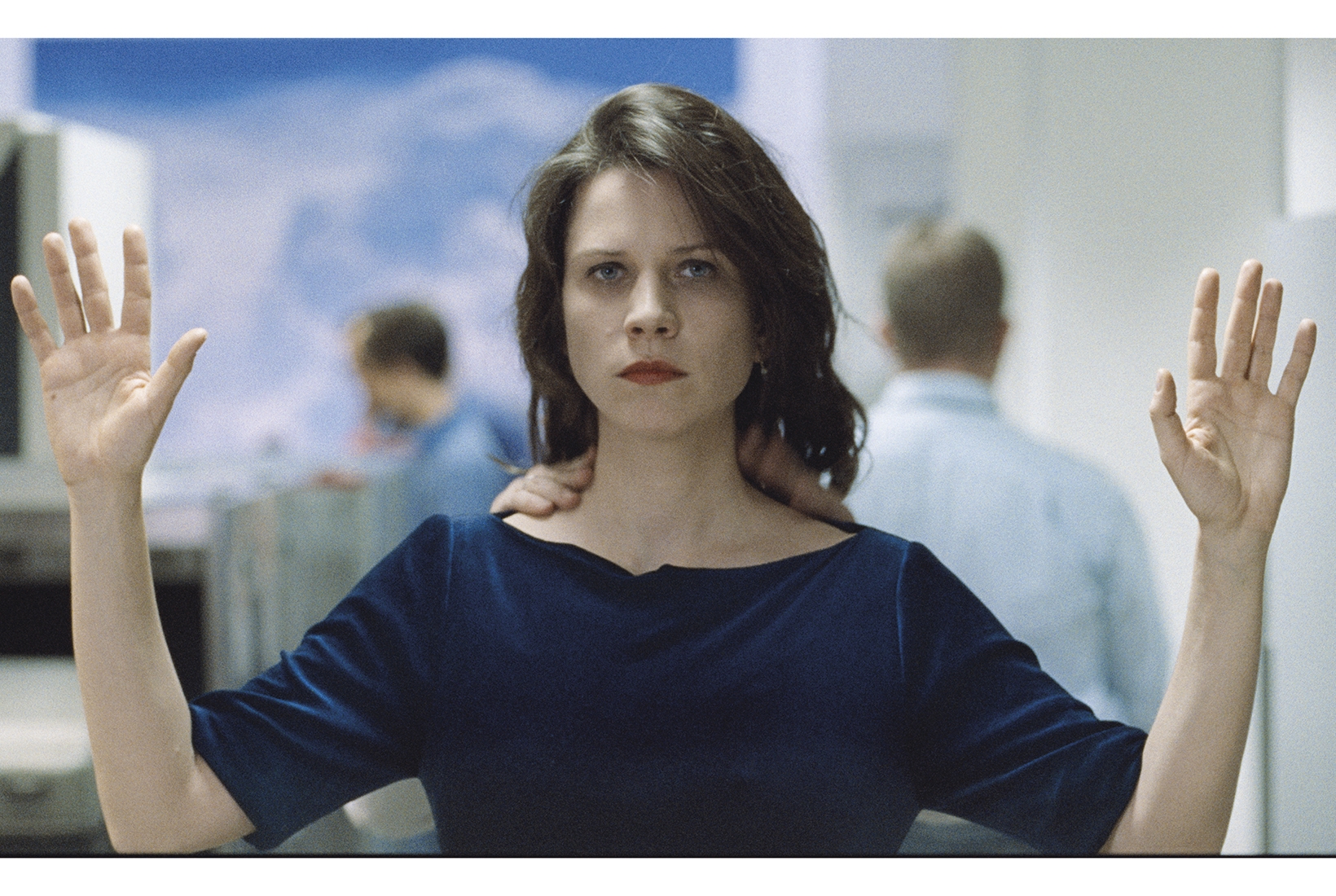The premise for the unsnappily titled Preparations to be Together for an Unknown Period of Time is this: a Hungarian neurosurgeon meets a fellow Hungarian neurosurgeon at a medical conference, falls in love, and gives up her shiny life and career in America to be with him in Budapest. They had agreed to meet on one of the city’s bridges. He doesn’t show. She tracks him to the hospital where he works. He says he’s never met her before. And now we are on board. Now we have to know: is he gaslighting her? Is she crazy? How is this going to play out? This is one of those films that has you in the palm of its hand right from the off.
The film is written and directed by Lili Horvat and while a Hollywood treatment might have had this spiralling into the obsessional ungodliness of a Play Misty For Me or Misery or Fatal Attraction that isn’t what we have here. Instead, Preparations is a gripping, simmering, sometimes mysterious, noir-ish take on what the brain cannot know about itself. If it were a book, it would be literary fiction rather than a thriller. Nothing against thrillers, but we don’t always want someone spying something from a train.
This is one of those films that has you in the palm of its hand right from the off
The main character is Marta, played by Natasa Stork with an enigmatic minimalism, an almost-stillness, and an unwavering gaze. She is unnervingly effective. Her love object is Janos (Viktor Bodo). After he stands her up, she confronts him in a hospital car park and when he says he hasn’t any idea who she is she collapses. It’s the shock of it. Similarly, perhaps, Piers Morgan collapsed when he realised Meghan was never going to return his texts. Or maybe he punched a hole in the wall. Either way, unrequited love is excessively painful. Meanwhile, she has given up everything to return to Hungary. Her New Jersey house, her prestigious job where she was renowned as brilliant. Gone. She opts to rent a crummy apartment because from the tiny window she can see the bridge where, presumably, love was once possible.
She goes to work in a crummy hospital where you have to bring your own toilet paper and where her male colleagues fear she will show them up with her fancy American ways. But she never rises to their bait. Silly male egos don’t interest her. She is as fascinated by what is happening to her as we are. The action, such as it is, is laced with her visits to a therapist where the camera is held at odd angles an inch from her face as if taking us as close in to her mind as possible. A third option materialises. ‘Did I want it so badly I made it all up?’ she asks. Is Janos even real? Could he be a hallucination?
There is no wasted energy. Every scene contributes to establishing Marta’s true psychological state as well as her true character, as far as this is possible. Is she strong or fragile? A realist or a fantasist? This, in itself, offers a kind of tension. Aside from that collapse, it is never overly dramatic. A scene may consist simply of the two glimpsing each other across a crowded room or her glimpsing him getting into a car with another woman. Or she’s walking along the street and notes him walking on the opposite pavement, and they walk in tandem. She starts walking backwards. So does he. Is this actually happening or is she now just looking very odd to passers-by?
Towards the end you will be hoping, praying, this lands with a strong resolution — and it does. Or does it? All I can say for sure is that it is spellbinding. And has you in its palm.







Comments